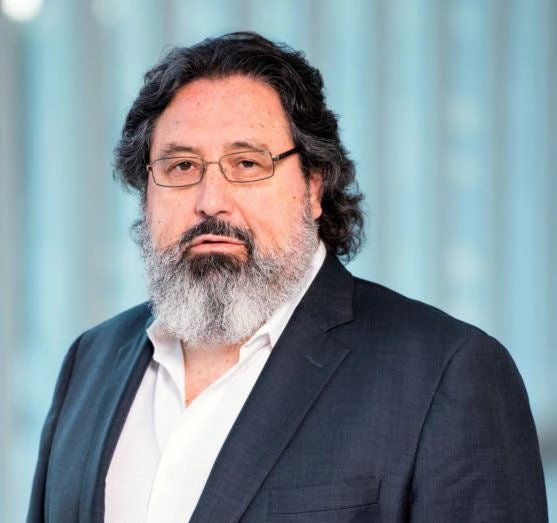Also available in: Русский
When healthcare professionals take the Hippocratic Oath, they promise to prescribe patients regimens based on their “ability and judgment” and to “never do harm to anyone”.
Although extraordinary progress in medical knowledge during the last 50 years, coupled with the development of new technologies, drugs and procedures, has improved health conditions and quality of life, it has also created an ever-growing quandary regarding which drugs, medical procedures, tests and treatments work best.
And for policy makers, administrators and health economists, the unrestrained acquisition and use of new medical technologies and procedures (e.g., open heart surgery to replace clogged arteries, ultrasound technology scanners to aid in the detection of heart disease, and life-saving antiretroviral drugs for HIV/AIDS) is increasing health expenditures in an era of fiscal deficits.
In many countries, I’ve see how ensuring value for money in a limited-resources environment is not only difficult but requires careful selection and funding of procedures and drugs. It also comes with serious political, economic and ethical implications—and with new drugs and technologies appearing every day, this challenge isn’t going away. What should countries do?
As they look for new approaches to improve the access to and quality of medical and public health services while minimizing escalating costs, some are reviewing and adapting best practices for preventing, diagnosing and treating diseases and injuries. For example, the United Kingdom National Institute for Health and Clinical Excellence (NICE) appraises new drugs, medical devices and diagnostic tests before funding them in the National Health Service.
With the support of World Bank projects, countries such as Georgia, Romania, Turkey, Tunisia and Jordan are initiating similar efforts with the participation of NICE teams. In Georgia, for example, we helped develop clinical guidance for cardiovascular diseases. Colombia is also establishing structures to appraise drugs, and China and Russia are adapting evidence-based clinical guidelines to their specific institutional realities . And under the new U.S. healthcare reform law, as of 2012, the government is requiring health insurance plans to find out which drugs, medical procedures, tests and treatments are the most effective and efficient.
Countries should consider emulating these experiences because scientific evidence is not only a critical tool to improve treatment and spending decisions--it also helps build capacity to adapt new knowledge and technologies that ultimately benefit people.
More


Join the Conversation